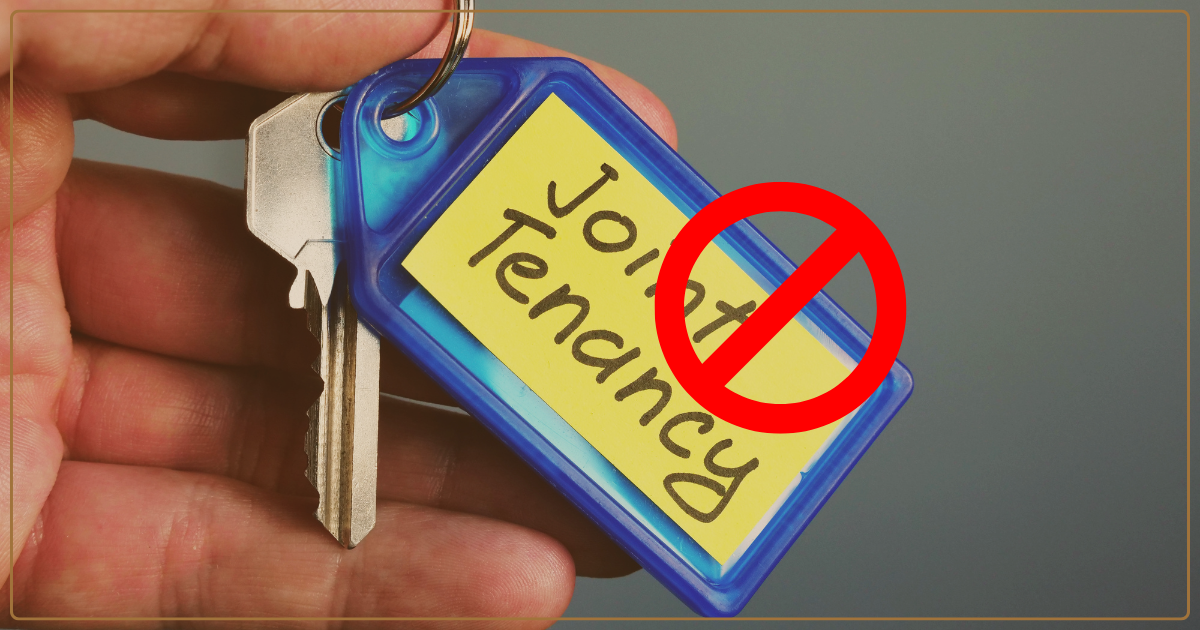The Benefits of an Irrevocable Trust in Estate Planning
An irrevocable trust is a powerful tool in estate planning, offering numerous benefits to individuals looking to secure their assets and ensure a smooth transfer to beneficiaries. Unlike revocable trusts, once an irrevocable trust is established, it cannot be easily altered or revoked. This permanence...









